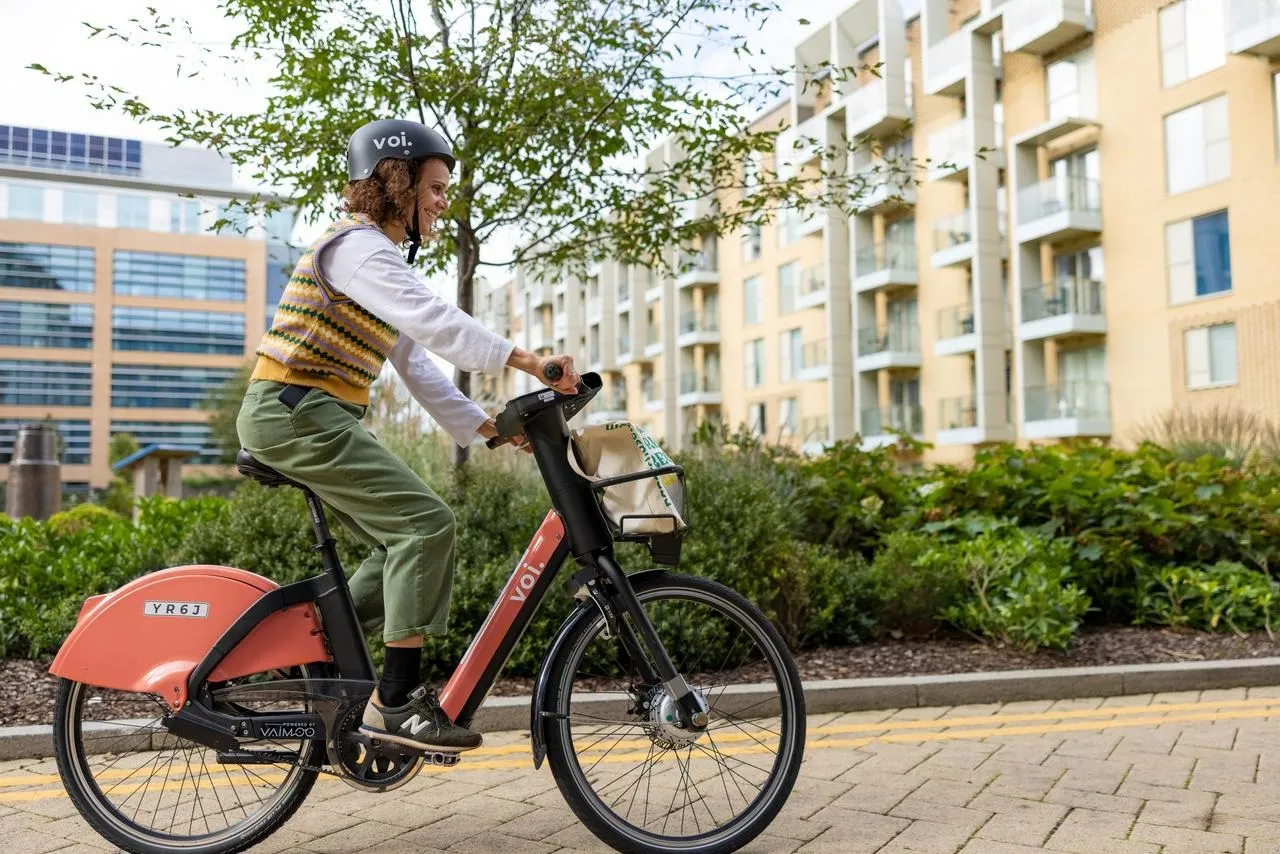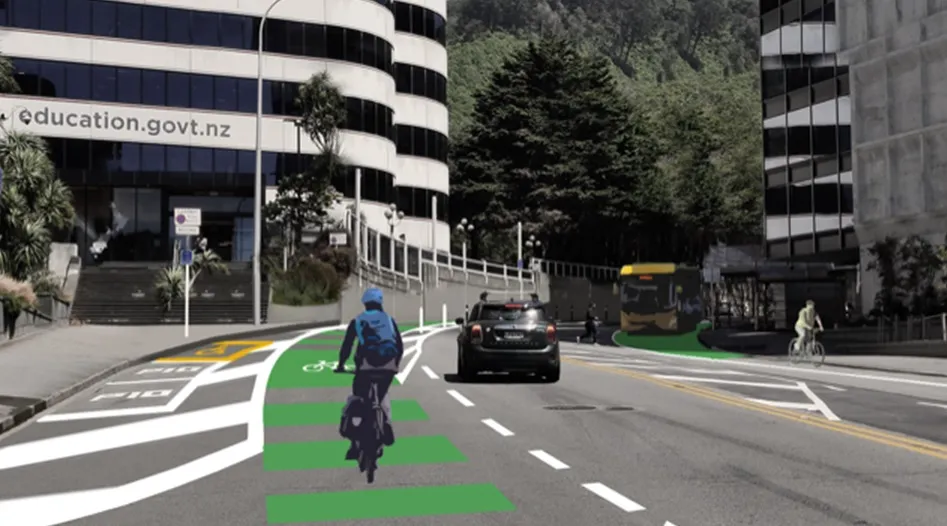
To support UK Cycle to Work Day on 4 August, micromobility operator Voi is offering new e-bike riders 15 minutes of free riding time until 14 August, using the discount code CYCLE2WORK.
Voi is urging people "who regularly drive to ditch the car, jump on a bike and help create permanent change in our cities to help tackle the climate crisis".
It says that 67% of people in the UK commute by car, with a quarter of UK emissions coming from transport and air pollution causing around 36,000 deaths a year via long-term exposure.
Voi operates in 100 towns and cities across 11 countries, and n the UK its e-bikes are available in Cambridge, Peterborough and Kettering, with a launch in Liverpool planned for later this year.
Since 2021, the firm says its e-bikes have been used by nearly 23,000 unique riders, replacing "around 50,000 unnecessary car journeys".
Its latest user survey found that 47% of e-scooter riders combine their journeys with public transport.
Voi is headquartered in Stockholm, Sweden, and employs 1,000 people.










